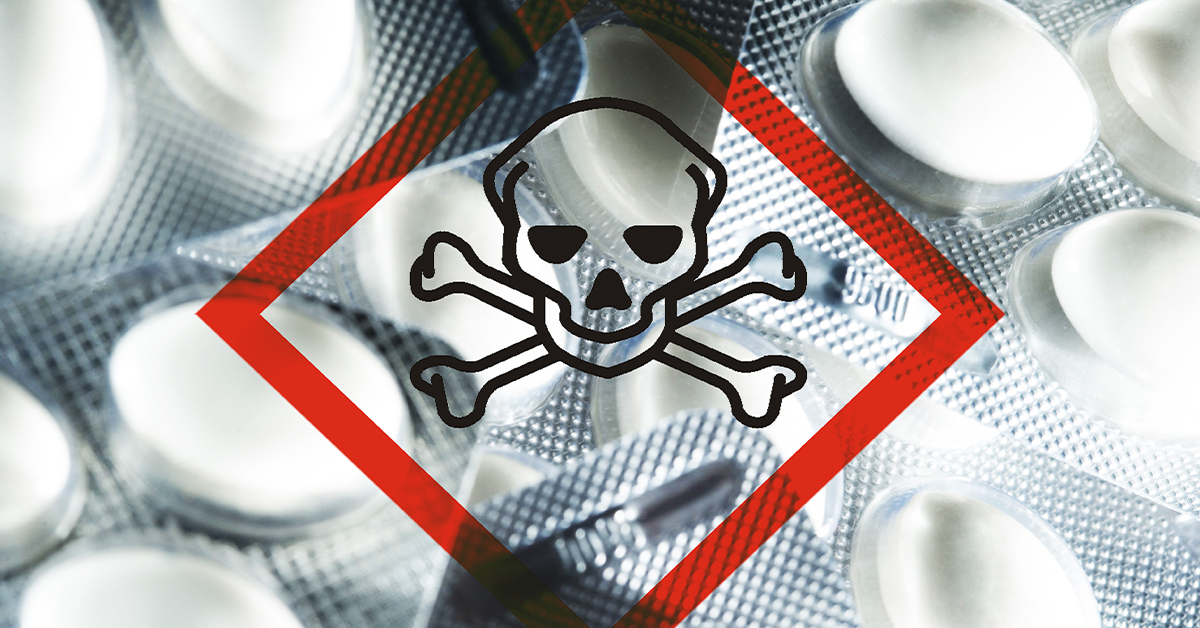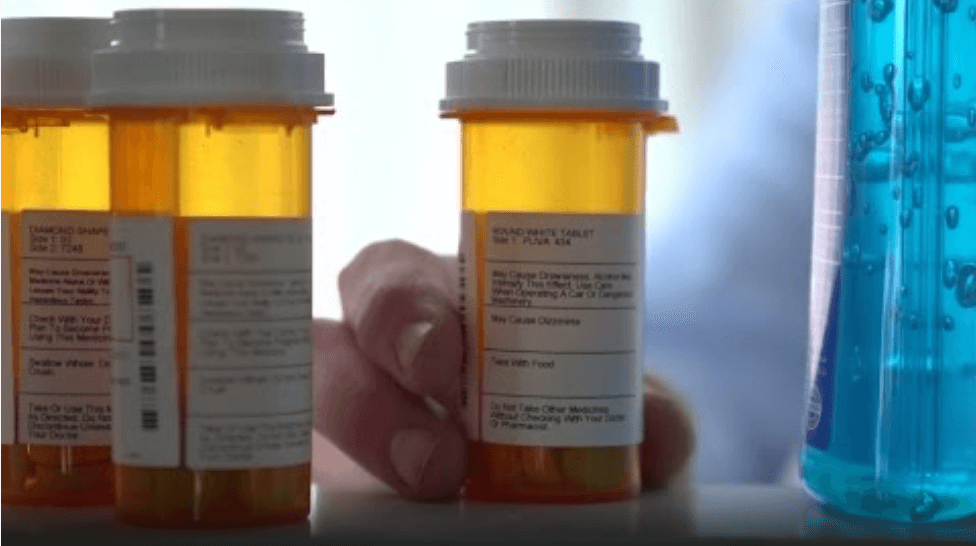Trulicity Lawsuit Fundamentals: Know Your Legal Rights and Choices
Trulicity Lawsuit Fundamentals: Know Your Legal Rights and Choices
Blog Article
Recognizing Your Legal Rights in a Dangerous Medication Suit
In the world of drugs, navigating the intricacies of an unsafe medication lawsuit can be intimidating. From identifying the legal basis for submitting a claim to considering the choices in between a course action and an individual insurance claim, there are vital factors to consider to be made.
Lawful Basis for Suits
Checking out the legal grounds for seeking an unsafe drug legal action requires an extensive understanding of appropriate laws and precedents. When considering lawful action against a pharmaceutical firm for a hazardous drug, one should establish that the medicine concerned presented unreasonable threats that were not effectively disclosed to customers. This normally entails showing that the drug maker stopped working to alert around recognized threats, misstated the medicine's safety and security or efficiency, or taken part in fraudulent advertising methods.
To succeed in a hazardous medicine suit, plaintiffs typically rely on legal theories such as negligence, stringent obligation, or breach of warranty. Oversight cases suggest that the producer did not work out affordable care in making certain the safety and security of the medication.
Sorts Of Compensatory Damages
Compensatory damages in a hazardous drug legal action include economic restitution awarded to complainants to compensate for losses sustained due to the damage triggered by the medicine. These damages are made to make the victim whole again, both economically and non-economically. There are two primary sorts of offsetting problems that may be awarded in an unsafe medication legal action: non-economic damages and financial damages.

Both non-economic and economic countervailing damages play a critical function in ensuring that people harmed by unsafe drugs receive ideal payment for their losses.
Statute of Limitations
Missing the statute of restrictions target date can have severe effects, as it may cause the situation being rejected by the court. As soon as the law of constraints has actually ended, the complainant might lose the right to look for legal option against the event in charge this hyperlink of the damage triggered by the unsafe medicine. As a result, it is important for individuals thinking about a dangerous medicine lawsuit to speak with a qualified attorney without delay to recognize and conform with the appropriate law of constraints in their situation.
Course Action Vs. Person Lawsuits
Given the varying statute of constraints in harmful medication lawsuits, people must thoroughly evaluate the decision between going after a course action or a private legal action. Course action claims include a group of complainants jointly filing a claim against an accused, often a pharmaceutical business, for the very same issue - in this situation, injury triggered by an unsafe medicine. These suits can be advantageous as they consolidate resources, increase take advantage of versus the accused, and provide a sense of solidarity among affected individuals. In a class action lawsuit, individuals may have less control over the situation's instructions and the last negotiation amount.
On the basics other hand, individual lawsuits offer even more autonomy and control to the complainant. By pursuing a specific claim, a person can customize the legal strategy to their specific situation, possibly causing a much more customized and beneficial result. Nonetheless, individual lawsuits can be a lot more time-consuming, expensive, and might lead to reduced compensation contrasted to a successful course activity claim. Inevitably, the decision between a course activity and an individual lawsuit need to be based on the person's situations, preferred level of participation, and the lawful advice received.
Looking For Lawful Guidance
In browsing the complexities of a hazardous medication lawsuit, securing expert lawful guidance is extremely important for making sure a strong and enlightened legal strategy. When seeking lawful advice for a hazardous medicine legal action, it is crucial to locate a law practice or lawyer with experience in pharmaceutical lawsuits. These situations commonly involve complex medical and clinical details, requiring an attorney who comprehends both the legal aspects and the clinical nuances involved in such legal actions.
Expert lawful guidance can aid people understand their rights, examine the stamina of their case, and browse the complex legal treatments related to harmful medication legal actions. Furthermore, a skilled lawyer can provide guidance on whether to pursue a specific claim or sign up with a class-action claim, based upon the specific conditions of the situation.
Moreover, lawful counsel can help in collecting evidence, preparing legal records, working out with pharmaceutical business or their legal agents, and standing for clients in court if the instance goes to trial. By employing the assistance of knowledgeable legal experts, individuals can raise their chances of accomplishing a desirable end result in a hazardous drug claim.

Conclusion
To conclude, comprehending your legal rights in a hazardous medication suit is vital in looking for payment for any injury triggered. Understanding the lawful basis for legal actions, kinds of compensatory damages offered, statute of limitations, and the difference between course action and individual lawsuits can help people navigate the legal process efficiently. Seeking legal counsel is crucial in guaranteeing your legal rights are safeguarded and advocating for the settlement you deserve.
Countervailing problems in a harmful medicine legal action encompass economic restitution awarded to complainants to compensate for losses incurred due to the injury caused by the medicine.The law of restrictions in a dangerous medicine suit develops the timeframe within which a complainant should file a lawful claim versus the responsible event for the damage created by the medication.Given the varying law of limitations in hazardous medication suits, people need to meticulously evaluate the choice between seeking a class action or a private lawsuit. Private legal actions can be a lot more time-consuming, costly, and might result in lower compensation contrasted to a successful course activity suit. Understanding the lawful basis for claims, kinds of compensatory problems readily available, statute of limitations, and the difference in between course action and private legal actions can help individuals navigate the legal More Help process properly.
Report this page